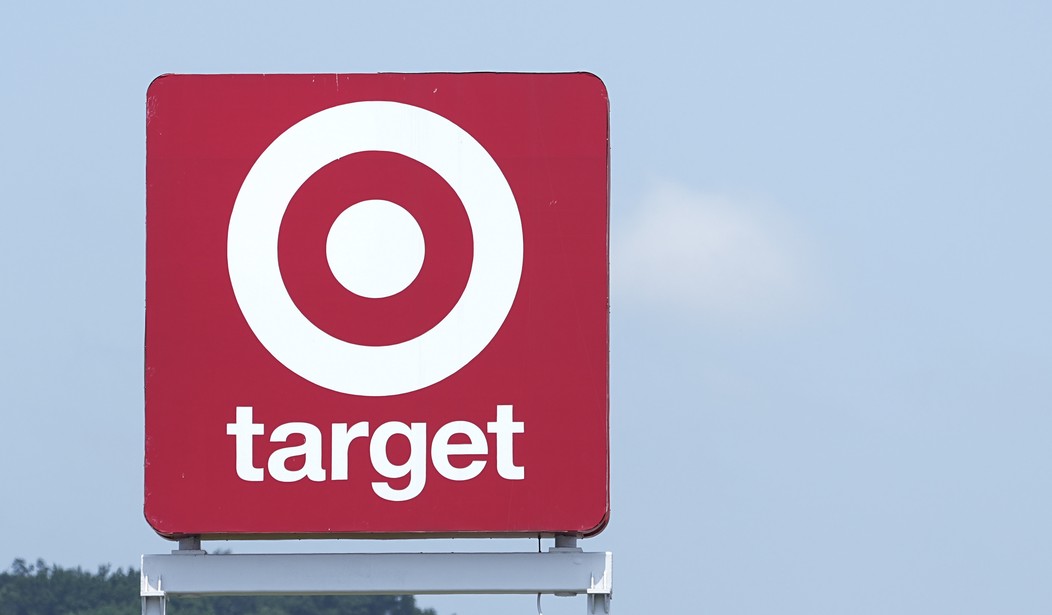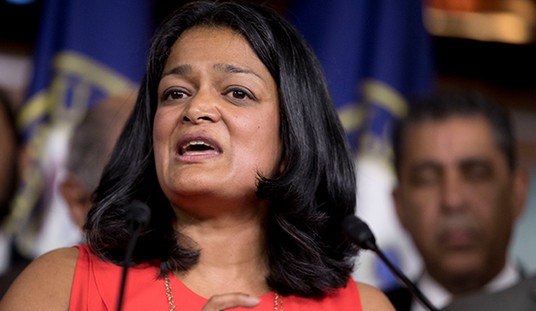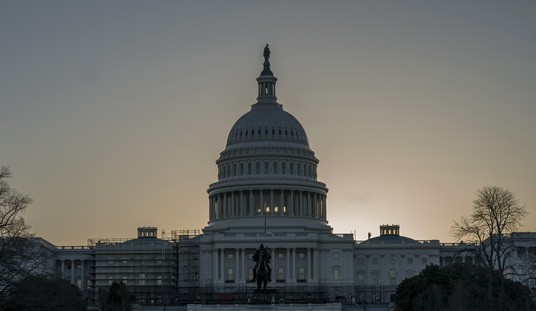Boycotts have been all the rage on the right over the past few years. Recently, at least two seem to have yielded some fruit when it comes to sending a message to corporations pandering to the far left. These seeming victories have been lauded by conservatives and libertarians alike. But it is worth asking: Are we actually changing anything?
Americans have used boycotts to great effect at various points in the country’s history. Black Americans used them to protest against racial injustice. The United Farm Workers used the tactic to obtain better working conditions for farm workers. These efforts were successful at advancing the agenda of those who engaged in them.
Now, folks on the right have been using boycotts against companies like Bud Light and Target to express opposition to their incessant pandering to left-wing causes. Target has experienced a sharp decline in sales after backlash to its Pride campaign. The issue has become so dire for the company that even one of its executives acknowledged the issue:
Target's CEO is now saying backlash from the retailer's controversial Pride campaign played a role in declining sales.
Target's sales dropped 5.4% for the second quarter. It's the retailer’s first negative quarterly sales report in six years.
On a call with reporters, CEO Brian Cornell attributed the decline in part to inflation as customers cut back on nonessentials but also to “negative guest reaction to our Pride assortment.”
“For the first time we have a CEO that has admitted that engaging in contentious social issues has had a negative impact on the company’s bottom line,” said Gregory T. Angelo, president of the New Tolerance Campaign.
This year’s Pride merchandise featured items such as tuck-friendly swimsuits, spurring intense backlash among conservatives.
As sales began to drop, the company pivoted, pulling items from shelves or placing them in the back of the store. This greatly upset the LGBTQ+ community.
Bud Light also suffered a devastating blow due to outrage over its partnership with transgender influencer Dylan Mulvaney. Anheuser-Busch lost an estimated $390 million in revenue in the second quarter after the backlash. Next on the chopping block might be the Skittles brand, which is using its packaging to market the LGBTQ agenda to its customers.
We have seen that in these two cases, boycotts have worked when it comes to damaging the bottom line. But what about beyond that? Are these companies going to actually change their behavior, or will they just find other ways to insert leftist politics into their operations?
It would not be surprising to see these companies view these boycotts as momentary setbacks. Both Bud Light and Target will survive the disruptions and continue catering to the woke. The environmental, social, and governance (ESG) movement still has a firm hold on America’s major corporations. By aligning with these causes, they hope to protect their revenue stream. Until this issue is addressed, these people will continue fearing the woke more than the right.
Some states have passed legislation barring the investing of state funds into companies that adhere to ESG practices. Sen. Ted Cruz (R-TX) in June introduced a bill that would prevent “companies that manage investment funds held in federal employee retirement accounts from using those holdings to vote in corporate shareholder meetings to force” ESG on private entities. On the other hand, the Biden administration is actively trying to use the power of the federal government to compel corporate America to embrace the movement.
Other than government solutions, it is difficult to ascertain how folks on the right can persuade these companies to stop pushing progressive politics on their customers. Other than winning hearts and minds, the only other option that could materialize would be companies that cater to those on the right. Several industries have already begun siloing their efforts based on politics. While this scenario would provide alternatives for conservatives and libertarians, it might deepen the existing divisions in this country.
There are no perfect strategies. But it seems the most effective long-term approach is to get the people to see how pernicious the ESG movement is; perhaps then there will be a more widespread backlash against these practices.














